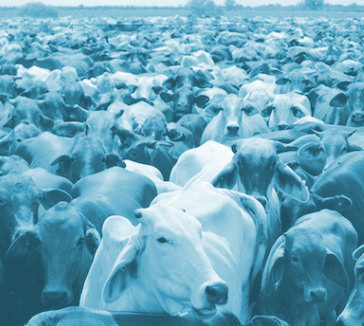Meat firms want energy plan
 Australia's meat processors want either side of politics to focus on soaring energy costs and labour shortages.
Australia's meat processors want either side of politics to focus on soaring energy costs and labour shortages.
The $25 billion meat industry says the lack of a comprehensive energy policy has left power prices to wreak havoc on the supply chain.
The Australian Meat Industry Council says its members, including processors, butchers and smallgoods manufacturers, employ 100,000 people nationwide.
Meat council CEO Patrick Hutchinson said a lack of electricity competition in rural and regional Australia has left some businesses facing million-dollar energy rises over a 12 to 18-month period.
“Stop the politics of ideology and start looking at those employers' profitability,” Mr Hutchinson told AAP.
“What we're looking for is actually a far-reaching overall energy policy that doesn't lose itself in one key area.”
He said some producers have had to cut production and increase their prices, while consumers struggle with their own energy costs.
“All of a sudden you get a piece of steak which has five different levels of increased energy costs applied to it,” Mr Hutchinson said.
The industry wants workforce shortages to be addressed too.
It says training, illicit drugs and fitness issues mean the employment pool is too shallow.
AMIC's research suggests many prospective workers are failing or missing drug tests, while others failed to meet fitness requirements to work in the industry.
“I've been belted personally by the union - the Australian Meat Industry Employees Union - about the suggestion we're out there saying they're drug-addicted and lazy, which is not what we're saying at all,” he said.
“As one of the biggest employers in rural and regional Australia, we want to be part of the solution.”
AMIC says its use of overseas workers is not because they are cheaper than local employees.
It warned that Labor's plan to raise the minimum wage for overseas workers to $65,000 would cost the industry $15 million.
“Beyond a short-sighted solution, there isn't a solution. In fact it's madness because it's not addressing any issue,” Mr Hutchinson said.
The lobby is also concerned about Labor's plan to phase out live sheep exports, saying the infrastructure and labour is not in place to switch to processed meat exports.








 Print
Print